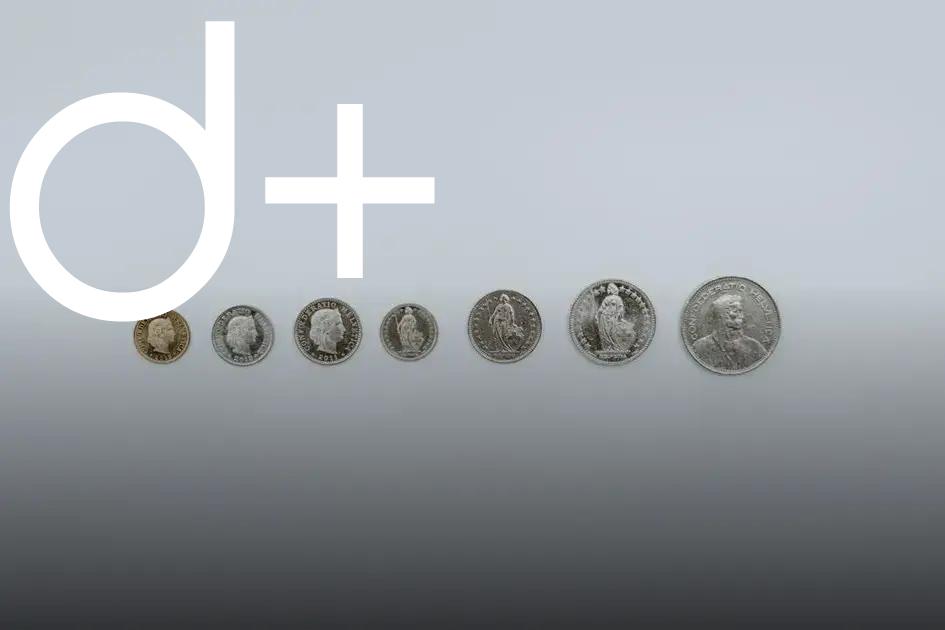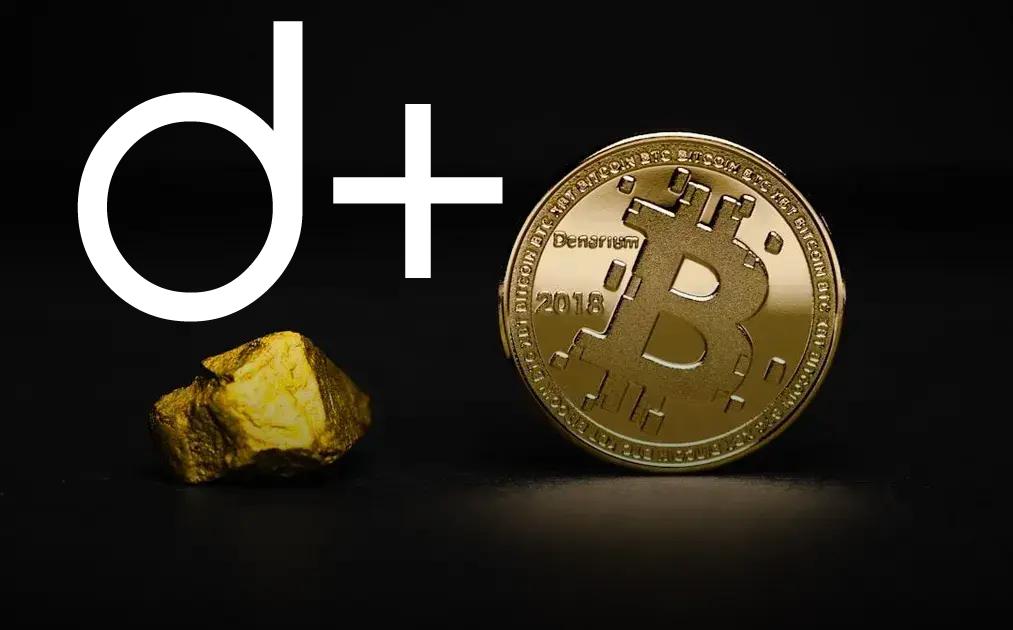In the rapidly evolving world of finance, DeFi, or Decentralized Finance, stands out as a revolutionary trend. With its promise to disrupt traditional financial systems, DeFi attracts investors, developers, and enthusiasts alike. As we delve into the impact of DeFi on traditional finance, it’s crucial to explore the innovations and technologies driving this movement. From regulatory developments to the role of NFTs, the future of DeFi presents both opportunities and challenges.
Impact of DeFi on Traditional Finance
Decentralized Finance (DeFi) has been transforming the financial landscape, challenging the traditional finance (TradFi) model. One of the most profound impacts is the disintermediation of financial transactions. By eliminating the need for banks and other financial intermediaries, DeFi platforms provide users with direct access to financial services.
Transparency is another critical factor where DeFi stands out. Traditional finance often operates with opaque layers of intermediaries, making it difficult for users to see where their money goes. In contrast, DeFi uses blockchain technology, which ensures transparency and traceability of transactions.
Additionally, accessibility plays a significant role in DeFi’s impact. Unlike traditional financial services that may require extensive documentation or minimum balance, DeFi platforms are open to anyone with an internet connection and a digital wallet. This democratization of finance paves the way for greater financial inclusion, especially in underbanked regions.
On the downside, DeFi introduces a level of volatility and risk. The decentralized nature means there’s no central authority to offer recourse in the event of mistakes or fraud. As a result, users must be cautious and continually educated on how to manage and secure their digital assets.
Moreover, DeFi challenges traditional finance by offering innovative investment opportunities. Through yield farming, liquidity mining, and other DeFi instruments, users can achieve returns that are often higher than those offered by traditional savings accounts or investment vehicles.
While traditional finance institutions must adapt to these changes, many are already exploring partnerships and integrations with DeFi platforms. This adaptation is crucial as the financial world moves toward a more decentralized future.
Innovations and New Technologies in DeFi

The decentralized finance (DeFi) space is rapidly evolving, spurred by a wave of innovations and new technologies. These developments are shaping how we interact with financial systems today. One key innovation is the rise of automated market makers (AMMs), which have transformed how liquidity is provided and managed without the need for traditional order books. Platforms such as Uniswap and Sushiswap have utilized this technology to enable seamless token swaps.
Another significant advancement in DeFi is the use of staking mechanisms. This has allowed users to earn rewards by securing networks, such as with Ethereum 2.0’s move to a proof-of-stake model. Furthermore, the integration of Layer 2 scaling solutions like Optimistic Rollups and zk-Rollups has greatly enhanced transaction speeds and reduced costs, making DeFi applications more user-friendly and accessible.
A paradigm shift within DeFi is also being driven by decentralized insurance protocols which offer coverage against various risks in a trustless manner. Protocols like Nexus Mutual leverage smart contracts to ensure efficient claims processing, thereby increasing user confidence in DeFi platforms. Additionally, the advent of cross-chain interoperability is facilitating a more interconnected and robust DeFi ecosystem.
Technologies such as oracles are critical to DeFi’s future, providing reliable, real-world data to smart contracts, thus expanding the applicability of decentralized applications (dApps). Chainlink is a prominent player in this area, ensuring that on-chain activities remain synchronized with off-chain events.
Finally, privacy-preserving technologies are gaining traction, addressing concerns over data security and user confidentiality. As zero-knowledge proofs become more prevalent, they offer novel ways to conduct private yet verifiable transactions on public blockchains, enhancing both security and data integrity in the DeFi landscape.
Challenges Facing the Growth of DeFi
Decentralized Finance (DeFi) is reshaping the financial sector, but several challenges threaten its continued growth. These challenges primarily include scalability, security concerns, and the evolving regulatory landscape.
Scalability
is a major issue as the infrastructure of many DeFi applications struggles to handle a high volume of transactions. This can lead to increased fees and slower processing times, deterring potential users.
Security also remains a significant challenge. As DeFi platforms become more popular, they also become targets for hackers. Smart contracts, while powerful, can be exploited, leading to substantial financial losses. Regular code audits and innovations in security measures are essential to bolster trust in DeFi applications.
The regulatory environment for DeFi is continuously evolving, creating uncertainty for businesses and investors. Differing regulations across regions can complicate operations and limit the global reach of DeFi solutions. It’s crucial to monitor regulatory trends and engage with lawmakers to create frameworks that support innovation while protecting users.
Addressing these challenges is not an easy task, but it’s essential for the growth and stability of the DeFi ecosystem.
Regulatory Developments Affecting DeFi

Decentralized Finance (DeFi) is continuously evolving, and regulatory frameworks are trying to keep up with its rapid pace. Regulatory developments can significantly impact how DeFi operates and who participates. Governments worldwide are surveying the DeFi space due to concerns about financial stability, money laundering, and consumer protection.
Many countries have already set precedents with their regulatory approaches to cryptocurrencies, which form the backbone of DeFi ecosystems. The challenge for regulators is to create frameworks that encourage innovation while safeguarding users’ interests. This balance is crucial for DeFi’s growth.
Some current regulations focus on anti-money laundering (AML) and know your customer (KYC) compliance. These regulations might affect how DeFi platforms operate compared to traditional financial systems. Complicated regulations could potentially limit participation or slow down innovative solutions by adding more compliance requirements.
Furthermore, as DeFi platforms expand globally, the need for more robust international cooperation on regulation becomes critical. Diverse regulatory environments might create challenges, such as differing compliance standards for projects operating across multiple regions.
Another area where regulation will play a crucial role is in identity verification and data privacy. Properly navigating these areas could be a defining feature of successful DeFi projects, ensuring user trust and wider adoption. As regulations take shape, DeFi stakeholders must keep a close watch on these developments and adapt proactively.
The Role of NFTs in the Future of DeFi
NFTs, or Non-Fungible Tokens, have emerged as a significant force in the landscape of digital assets, known for their unique identity and value they bring to the digital world. While predominantly associated with digital art and collectibles, their application within the realm of Decentralized Finance (DeFi) offers compelling possibilities.
One notable contribution of NFTs to DeFi is providing collateral for DeFi lending platforms. Traditional digital assets are considered fungible, meaning they can be replaced by another identical item, like one Bitcoin for another. NFTs, however, represent unique ownership and may be used to secure loans, offering an additional layer of liquidity options in the DeFi space.
Furthermore, NFTs can enhance fractional ownership. By tokenizing real-world assets such as property, art, or any tangible asset, NFTs enable fractionalized ownership, broadening access to investment opportunities and creating a new paradigm for asset management.
Highly intricate smart contracts powered by NFTs are also pushing the boundaries in interoperability in DeFi. They facilitate seamless transactions across different blockchain networks, enhancing the flexibility and robustness of decentralized systems.
Additionally, NFTs are instrumental in the rise of decentralized identity and verification solutions. By storing identity credentials as NFTs, they offer a secure and verifiable method for user authentication across various DeFi platforms, enhancing trust and security measures.
The integration of NFTs into the DeFi ecosystem provides innovative avenues for the tokenization of non-traditional assets. NFT marketplaces and DeFi platforms are increasingly collaborating to unlock new financial products and services, indicating a potential shift in how value is transferred and utilized within decentralized environments.
NFTs play a critical role as they pave the way for more diverse DeFi applications, fostering a collaborative digital economy that extends beyond traditional boundaries. Their unique structure and functionality enrich the DeFi ecosystem, creating new opportunities for growth and expansion.







![BANNER 1 - HOME [QUADRADO]](https://dailyfindinvestment.com/wp-content/uploads/2025/01/BANNER-300-X-300.gif)
